Globe Telecom (Globe) debuts the first-ever Eco-SIM cards in Asia for its mobile postpaid customers, just in time for the Zero Waste Month in January. This is in line with the telco network’s contribution to environmental sustainability by recycling refrigerator waste. The Eco-SIM cards are made from 100% recycled materials including polystyrene waste from refrigerators – diverting it from landfills.

SIM cards are among the smallest consumer items in the world, weighing around 4 grams each. According to ABI Research conducted in September 2020, approximately 4.5 billion SIM cards are being manufactured every year with a combined weight representing an estimated 20,000 tons of plastic and other polymers, or the equivalent weight of 4000 jeepneys.
Globe has partnered with Thales Digital Identity & Security to deploy Eco-SIM cards that started last November 2021. Thales is a global leader in advanced technologies that invests in digital and “deep tech” innovations and has been in the Philippines since 2010 with key customers in the field of civil aviation, defense, digital security, air traffic management, and ground transport.
The first Eco-SIM card developed by Thales dates back to 2010 in partnership with Veolia and has a carbon footprint. It is made from 100% recycled polystyrene recovered from discarded refrigerator interiors. The CO2 emissions from the Eco-SIM manufacturing process and electronic components are fully offset by Thales’ comprehensive carbon offset program.
Currently, Thales is helping Globe meet its ambitions for cutting e-waste, reducing its carbon footprint, and contributing to sustainability in the Philippines.
“As consumers become more environmentally conscious, the onus is on companies to innovate to introduce sustainable technology solutions to remain competitive. As a Group, Thales has pledged to get to net-zero carbon emissions by 2040, and we align with the ambitions of many organizations to work for the better good and build a sustainable future. The Eco-SIM card is small, but it has a big impact on plastic and polymer waste and is another example of how we innovate to drive change. We are excited to partner with Globe on this pioneering initiative in the Philippines with a goal to roll it out throughout Asia,” said Jon Cahilig, Head of Mobile Connectivity Solutions for Asia, Thales Digital Identity & Security.
“In order for us to truly move the needle in the fight against climate change, we all must take on the responsibility to act sustainably. This partnership with the Thales Group not only enables us to come up with a solution for our telco business, but it also gives our customers the opportunity to step up and choose to live more sustainably,” said Yoly Crisanto, Globe’s Chief Sustainability Officer and SVP for Corporate Communications.
In 2018, Globe was also the first in the country to introduce electronic SIMs, or eSIM, as an alternative to physical SIM cards. eSIMs are digital SIMs embedded inside compatible mobile devices which allows its users to manage multiple profiles using different mobile numbers on just one device and switch lines that fit their needs. eSIMs also allow smartphones and smartwatches to be connected under one mobile number.




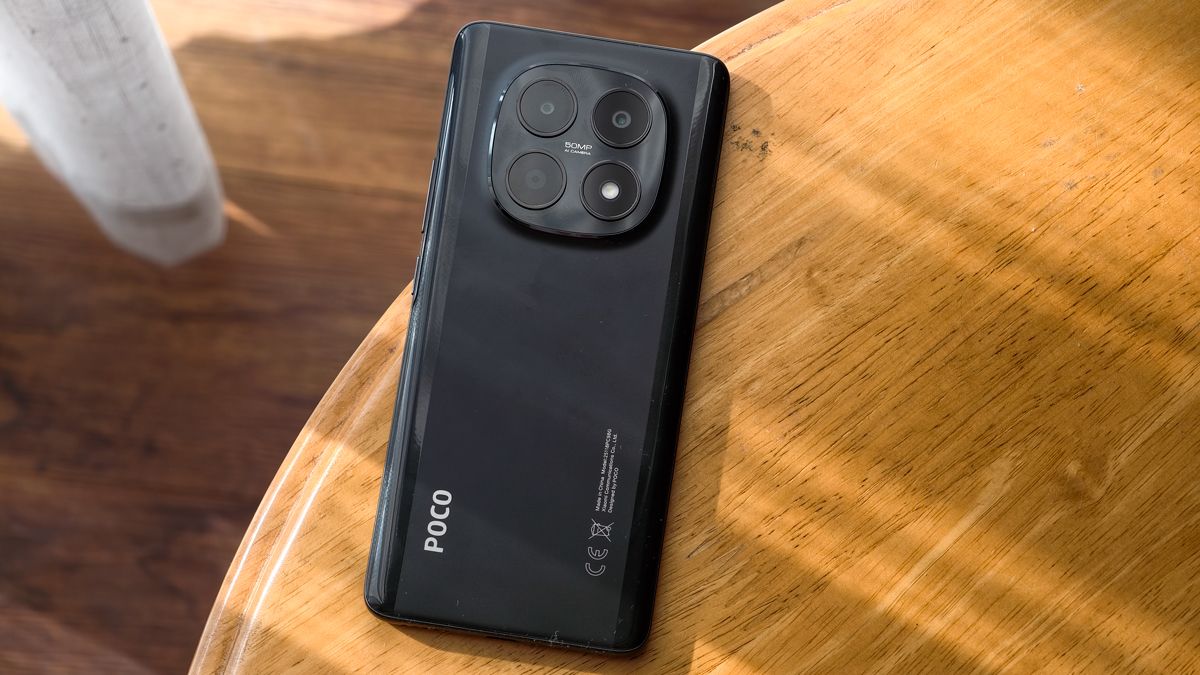
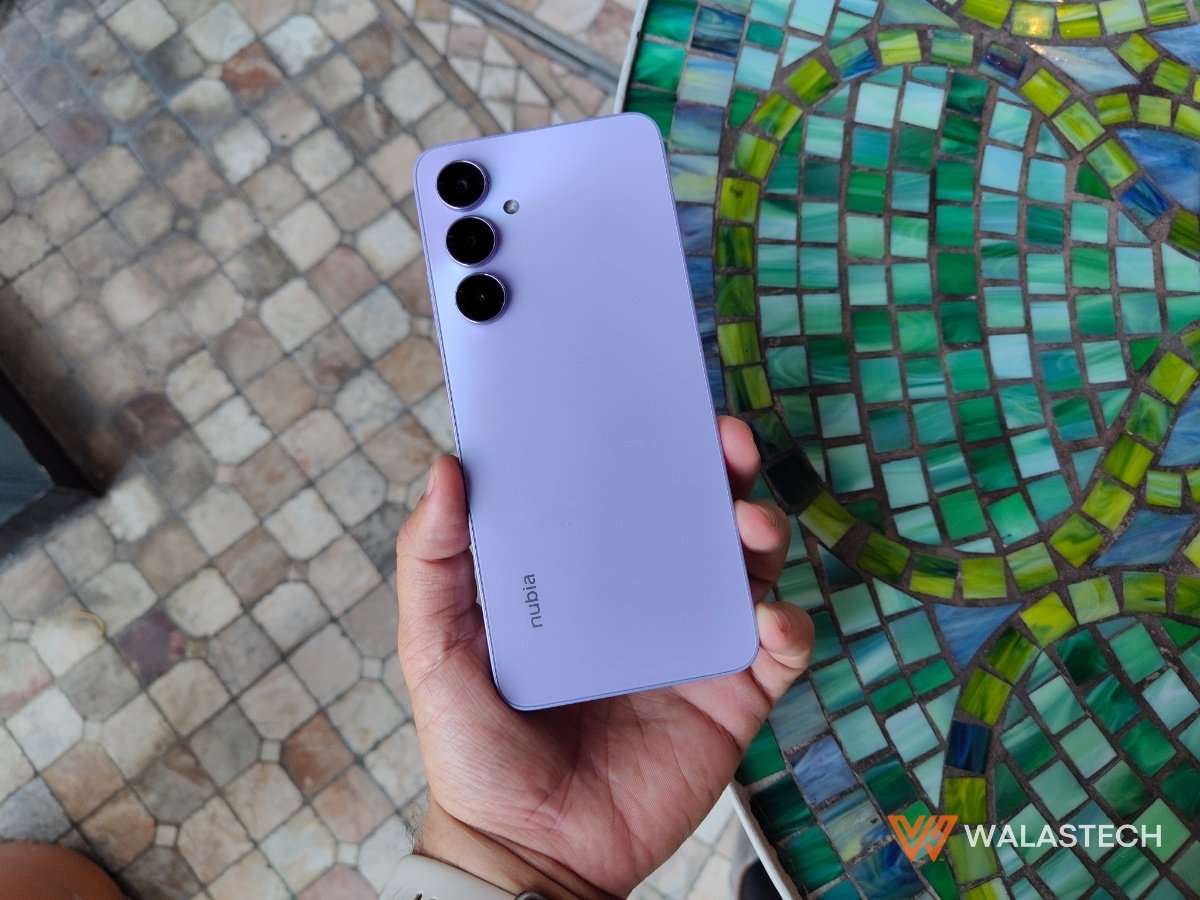
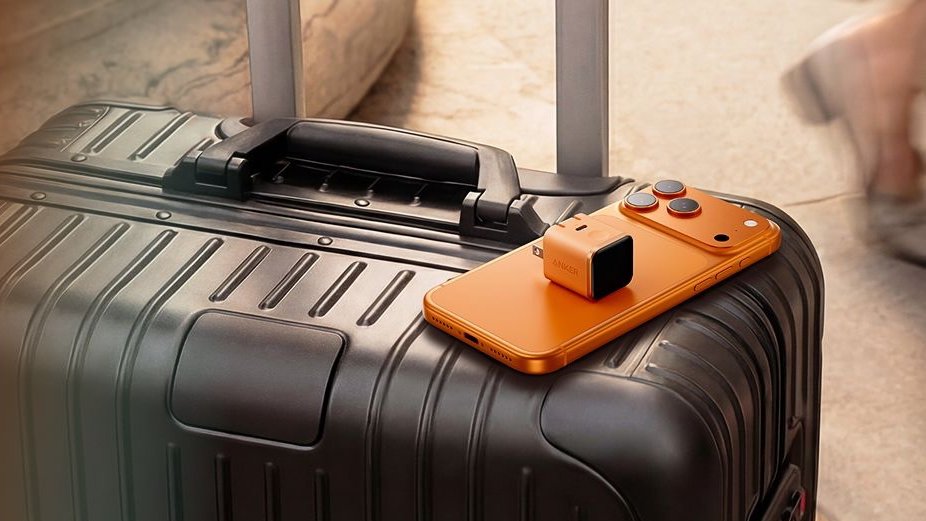
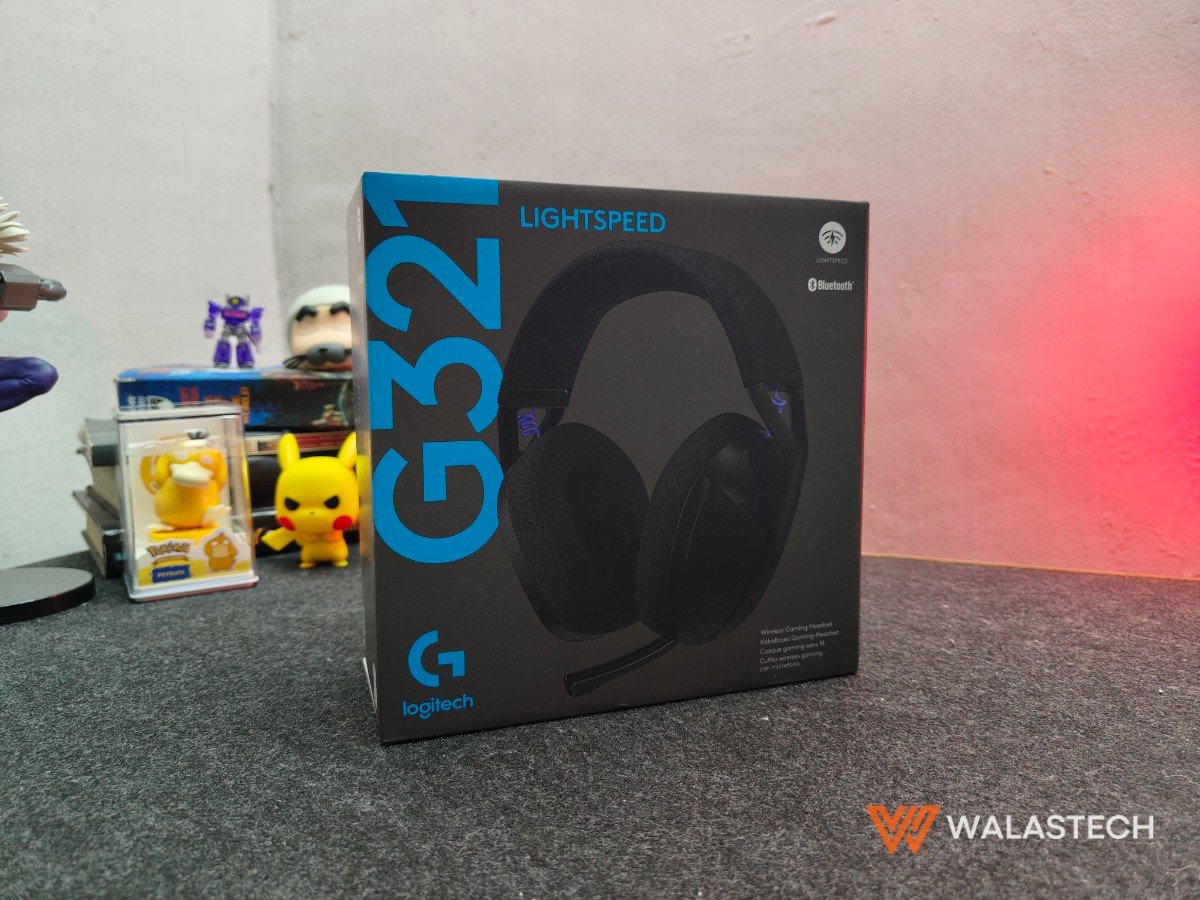

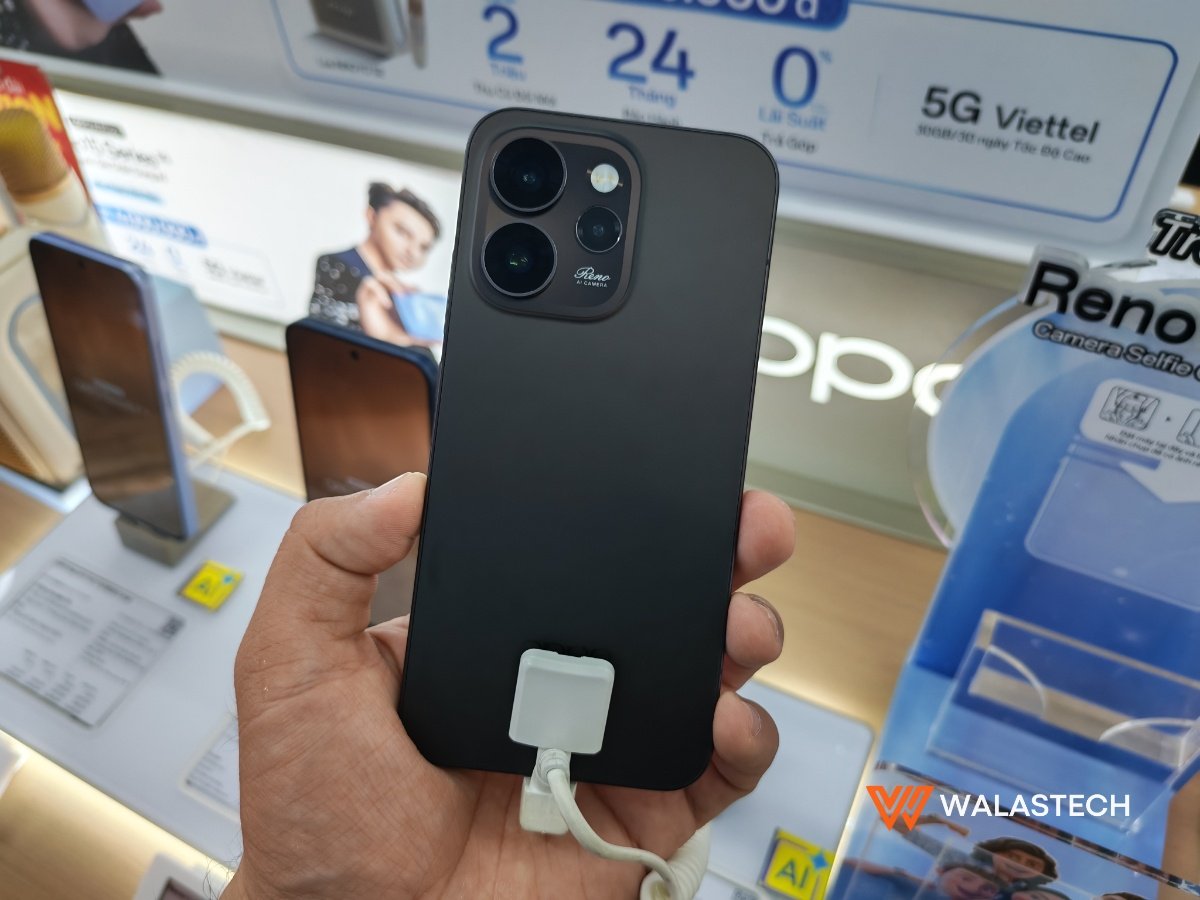
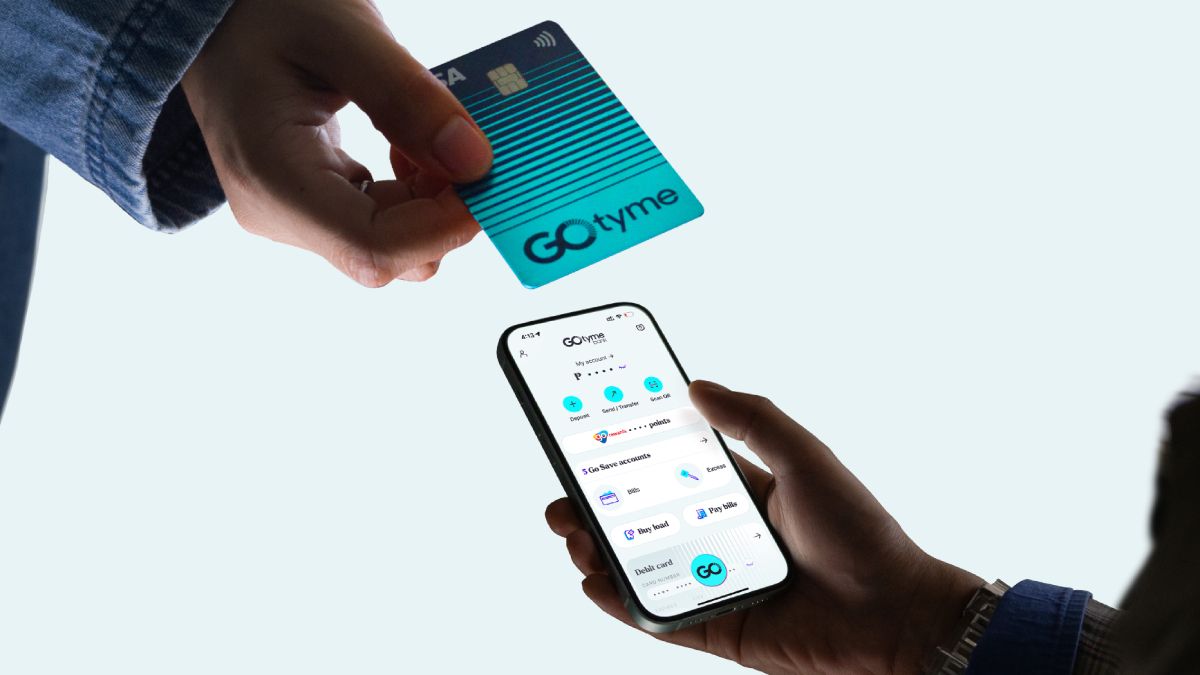
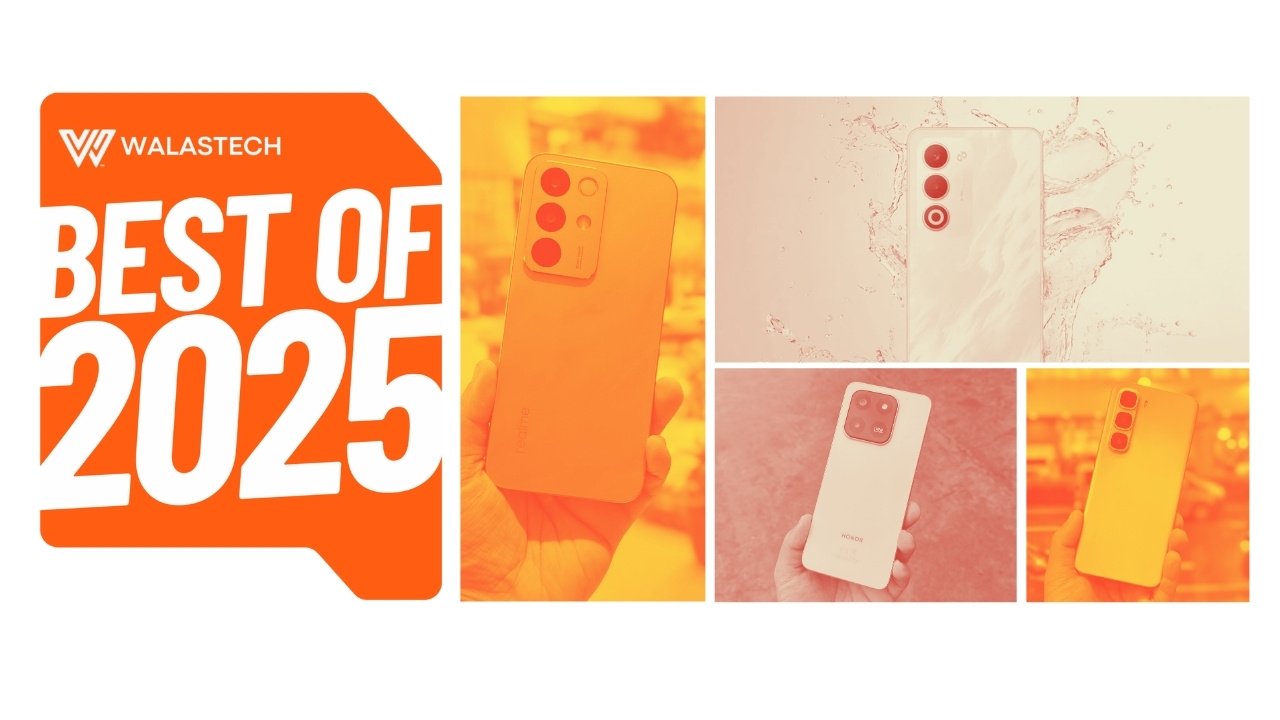
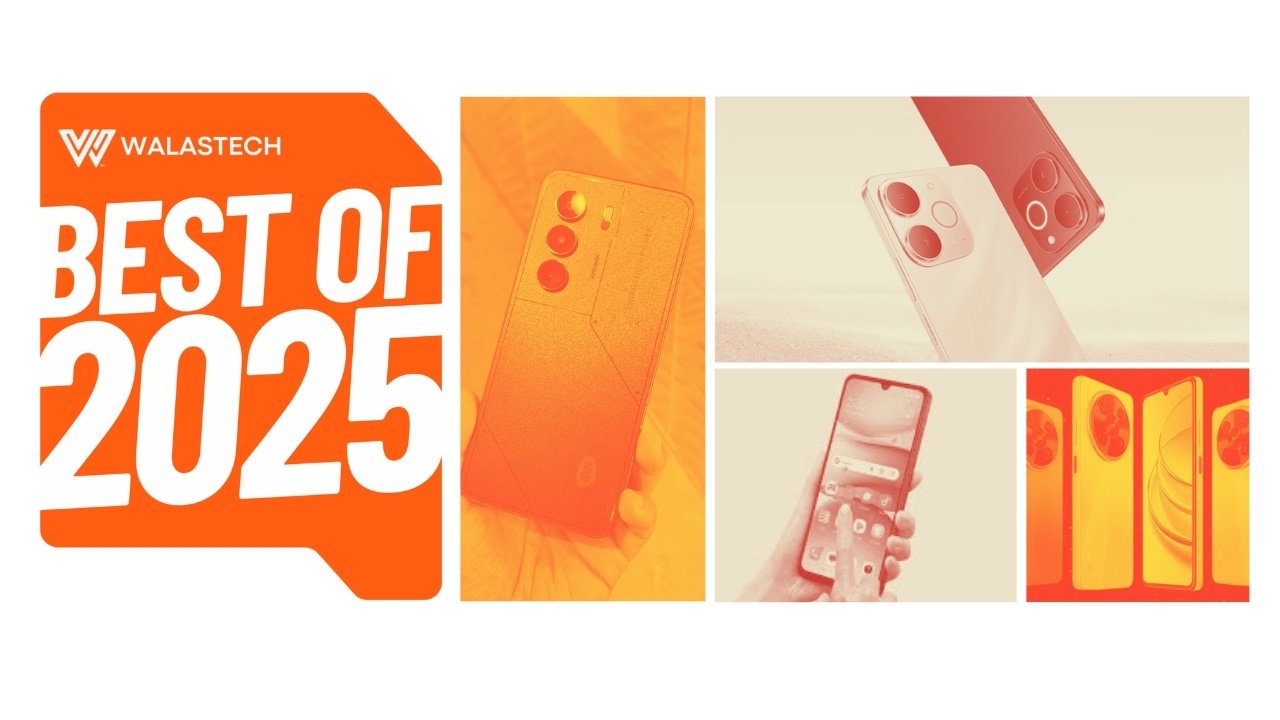



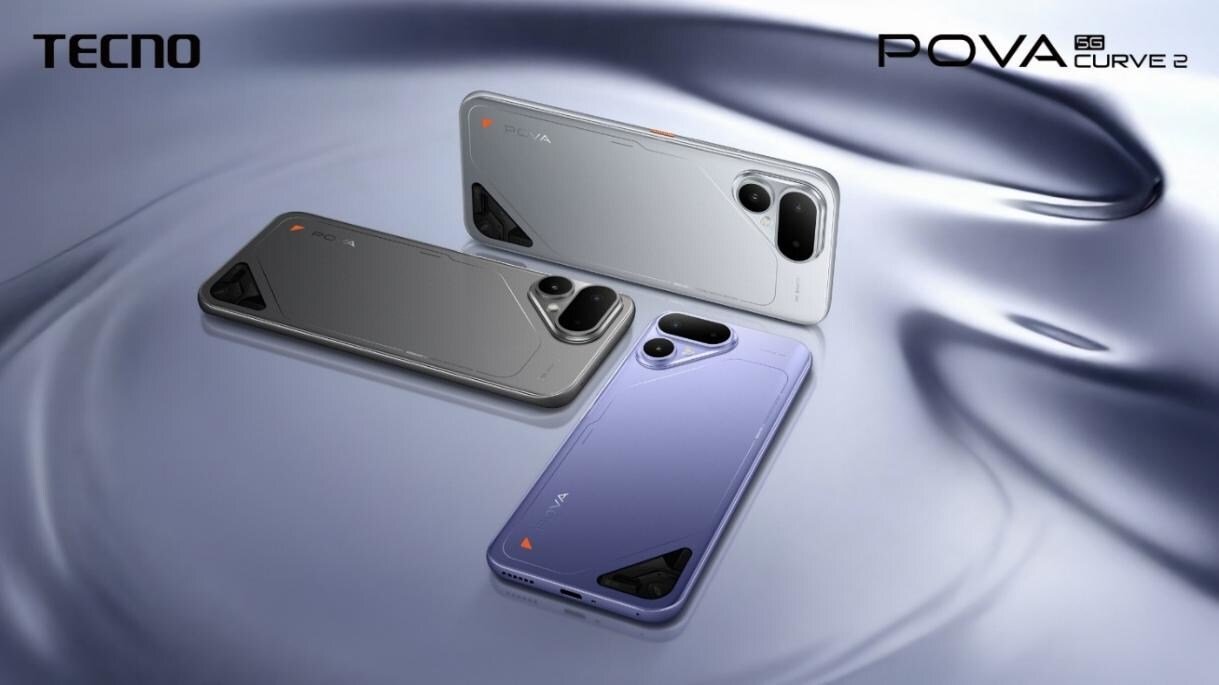
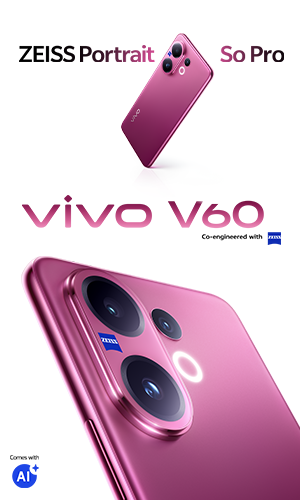


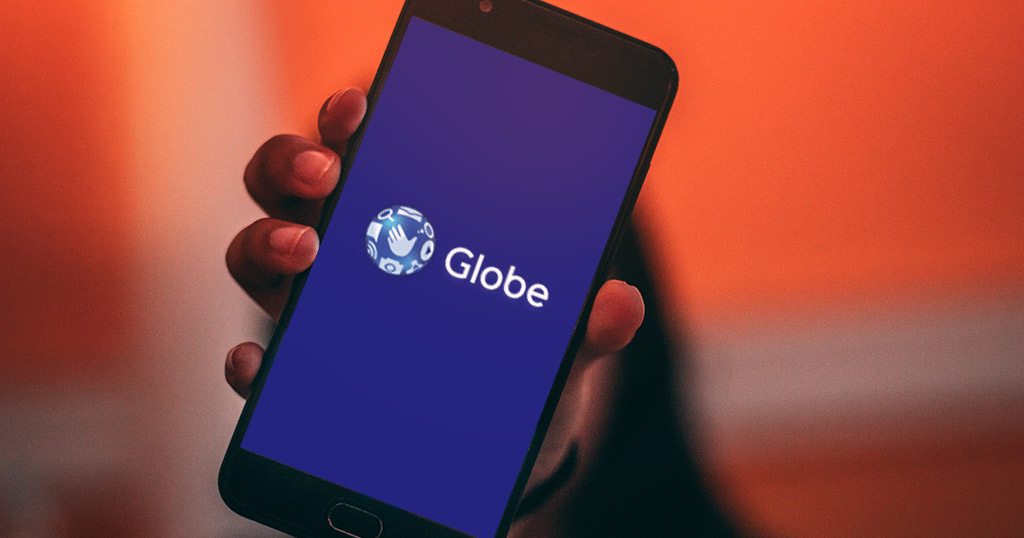
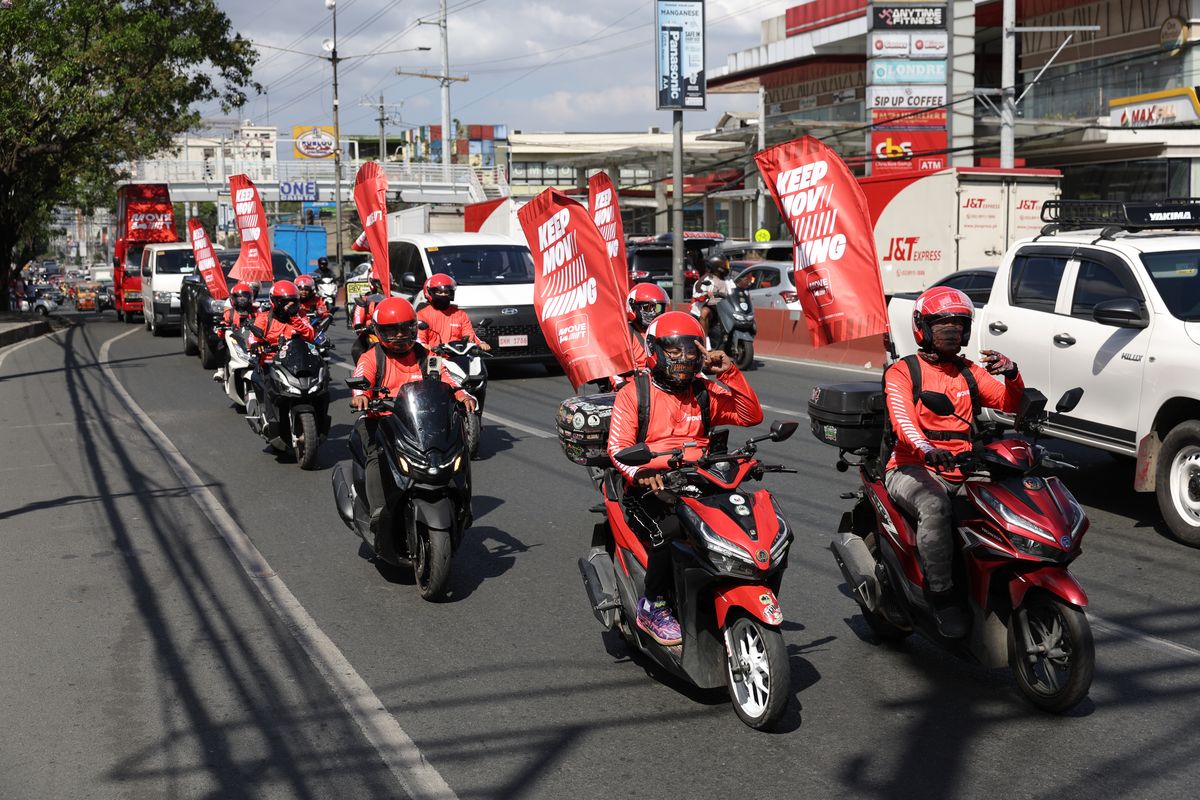
Leave a Reply